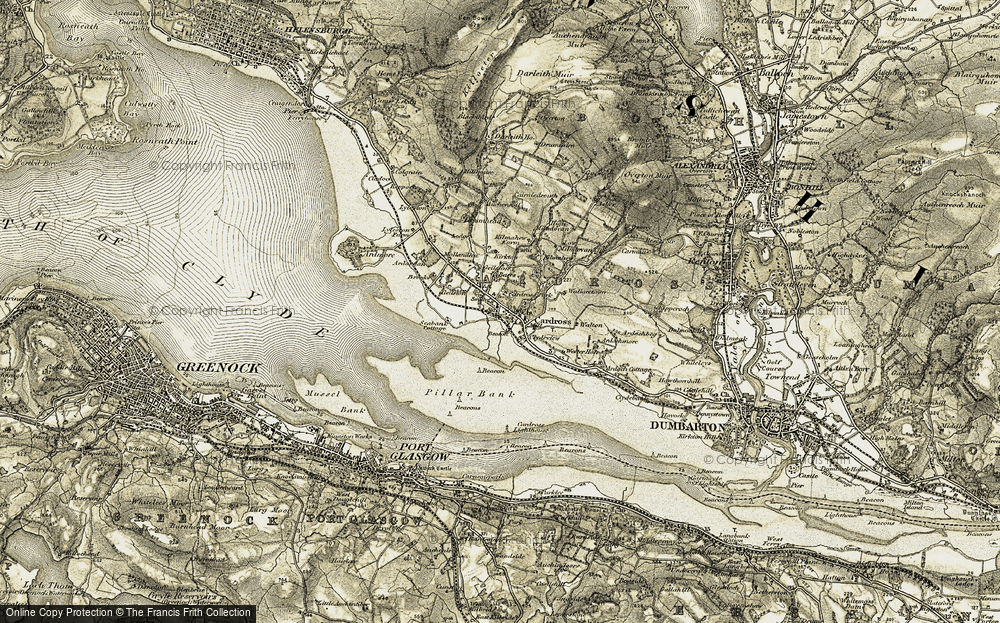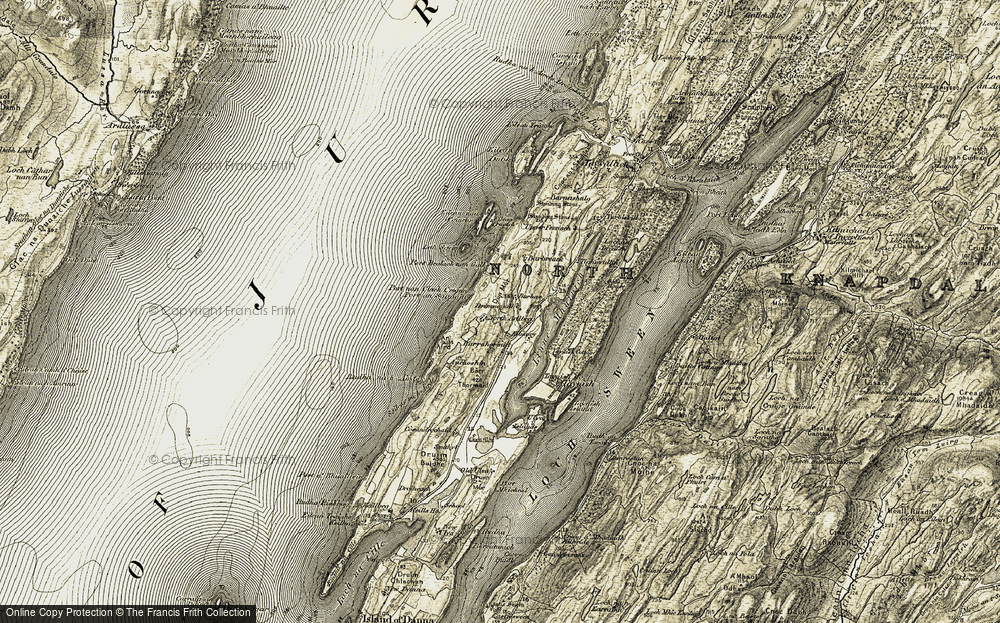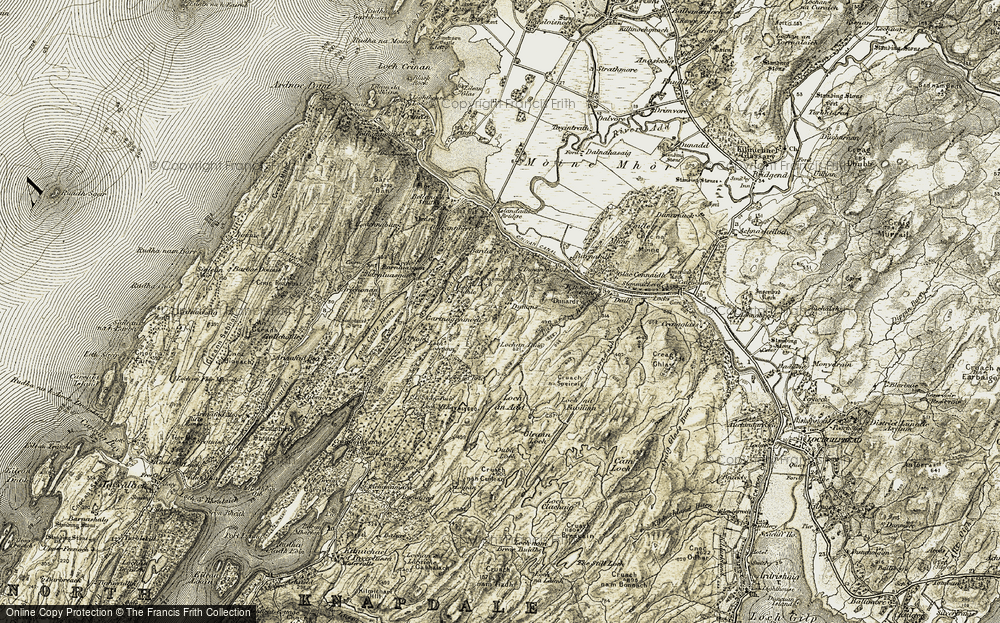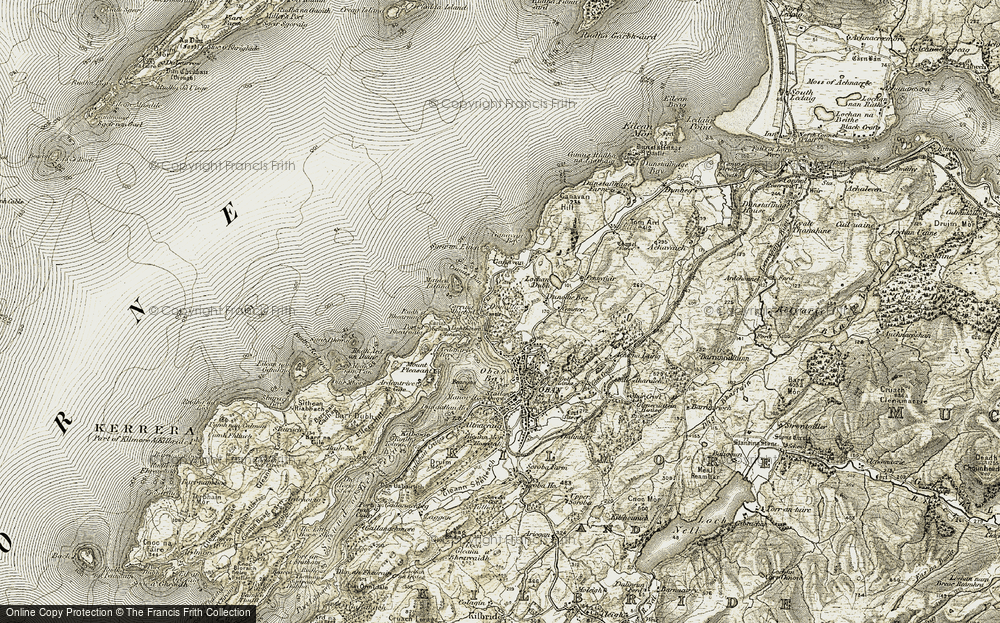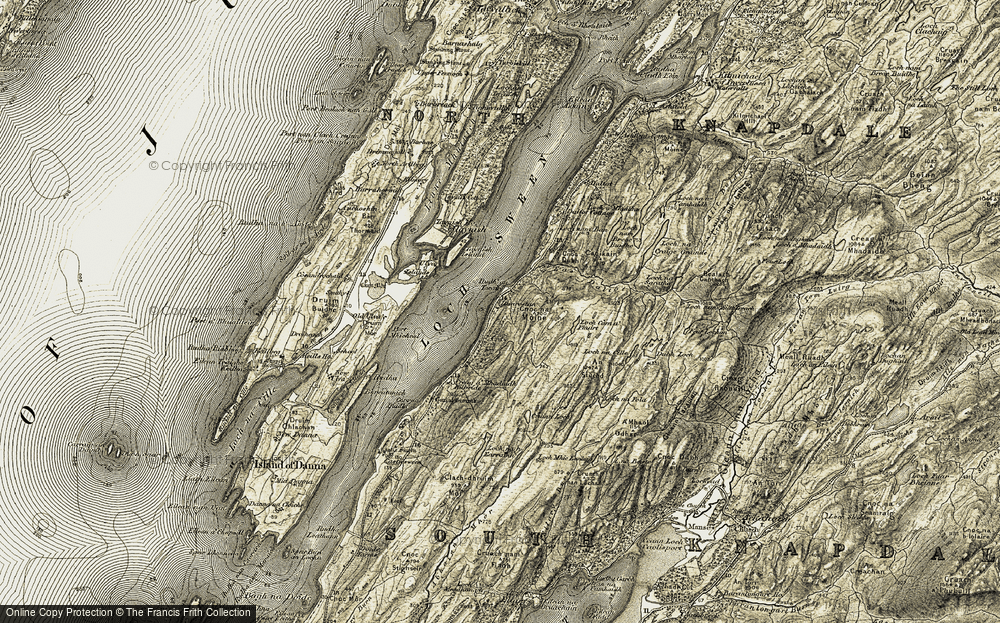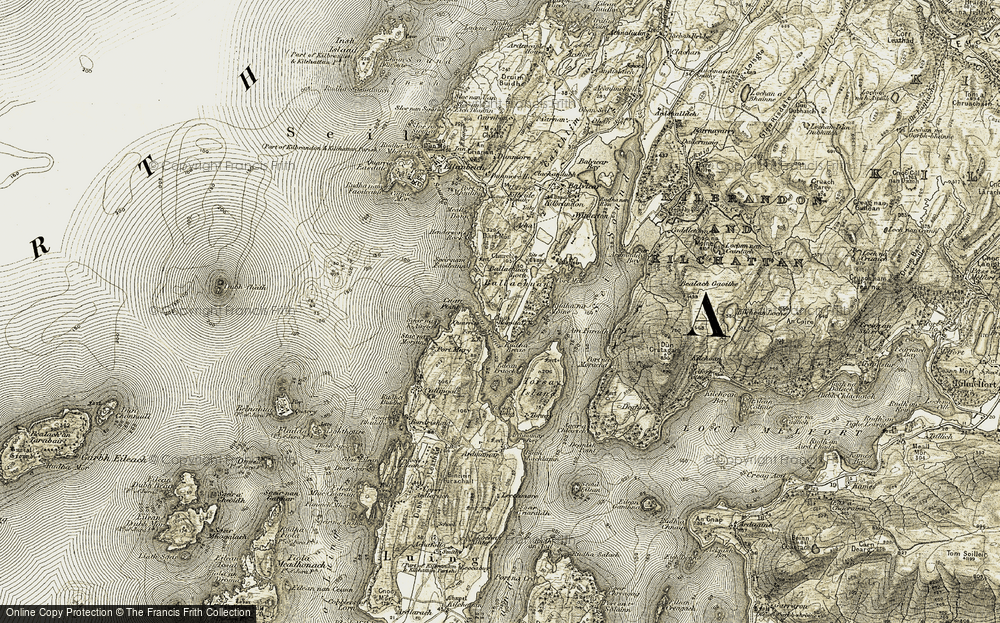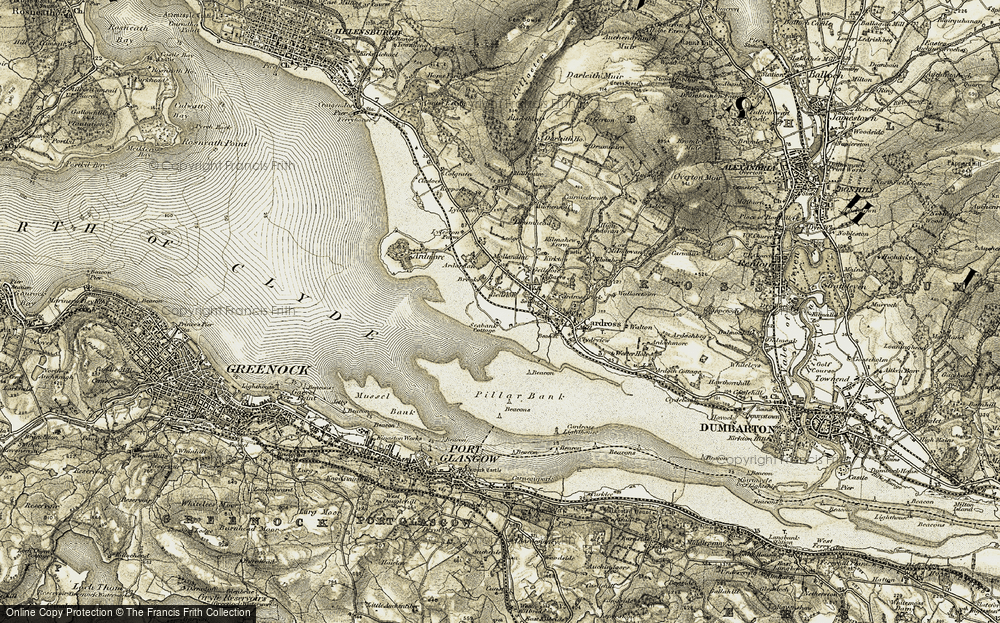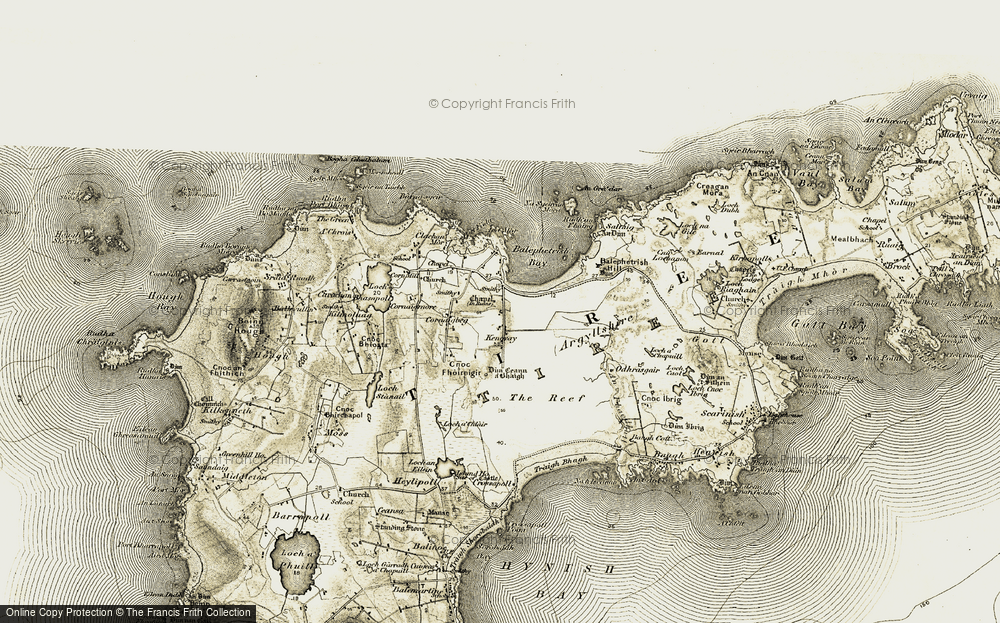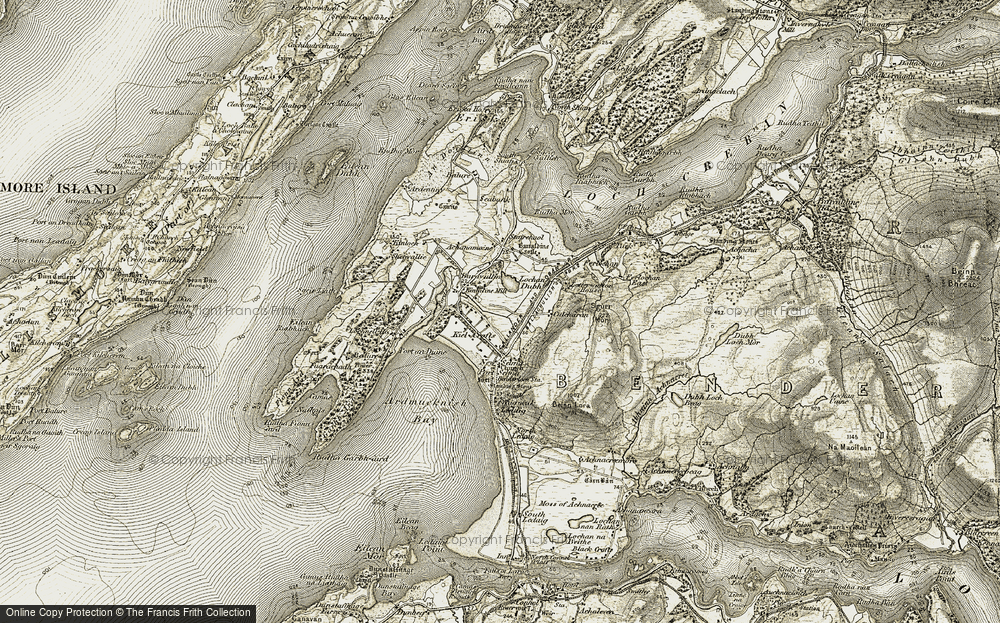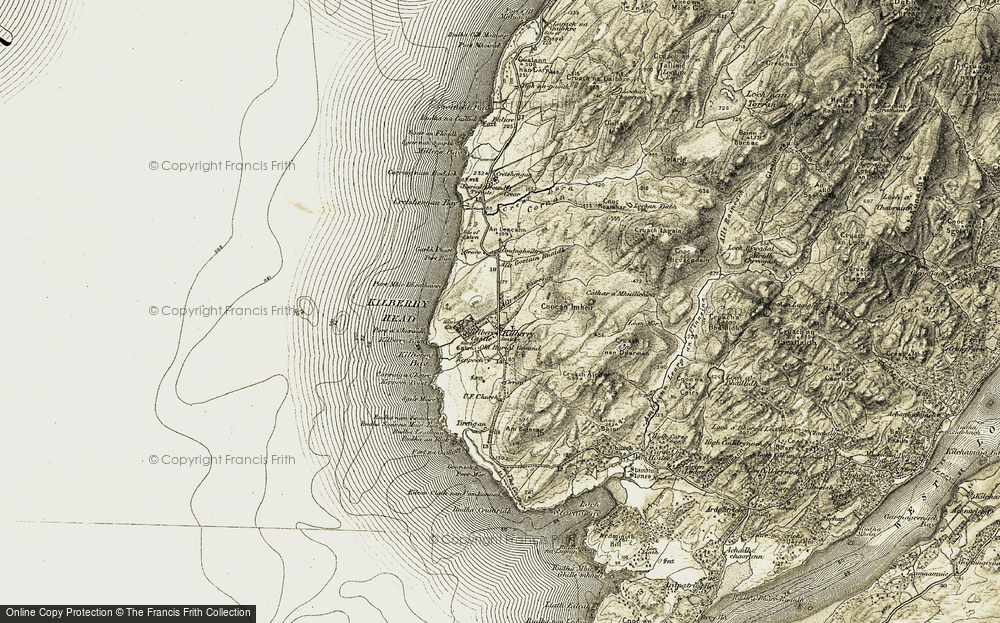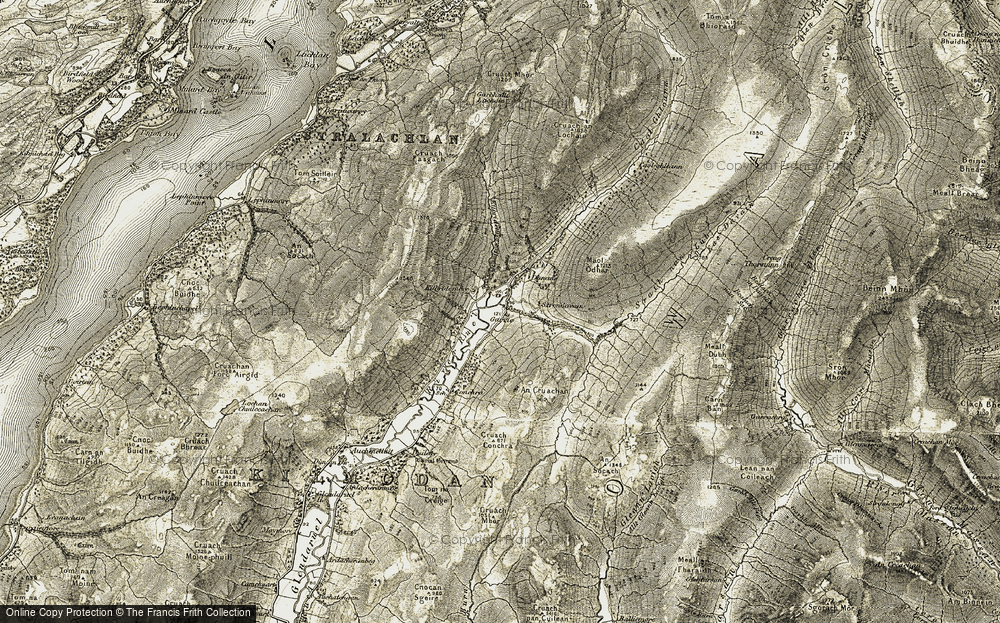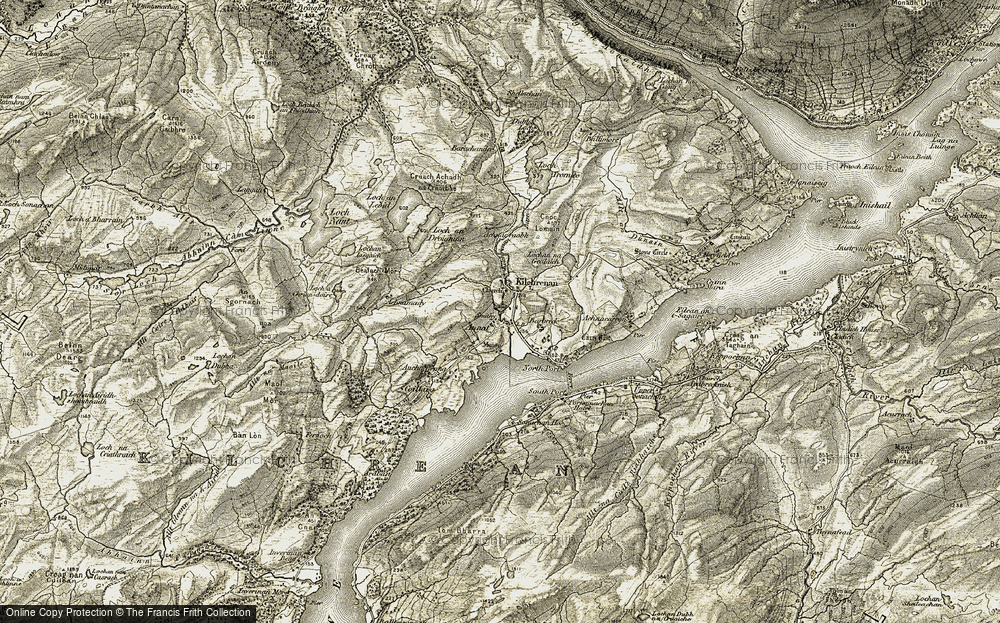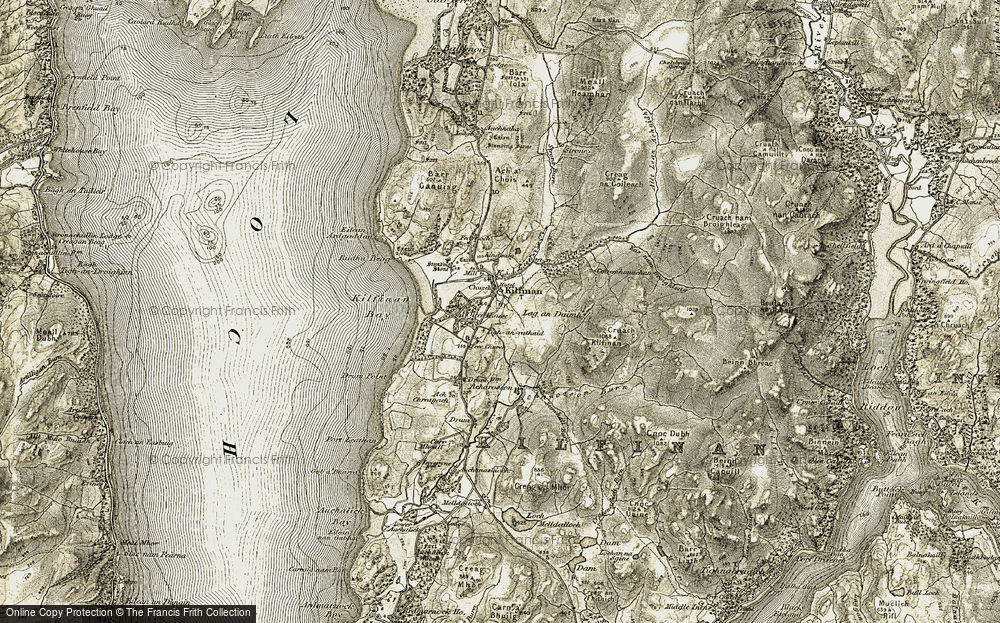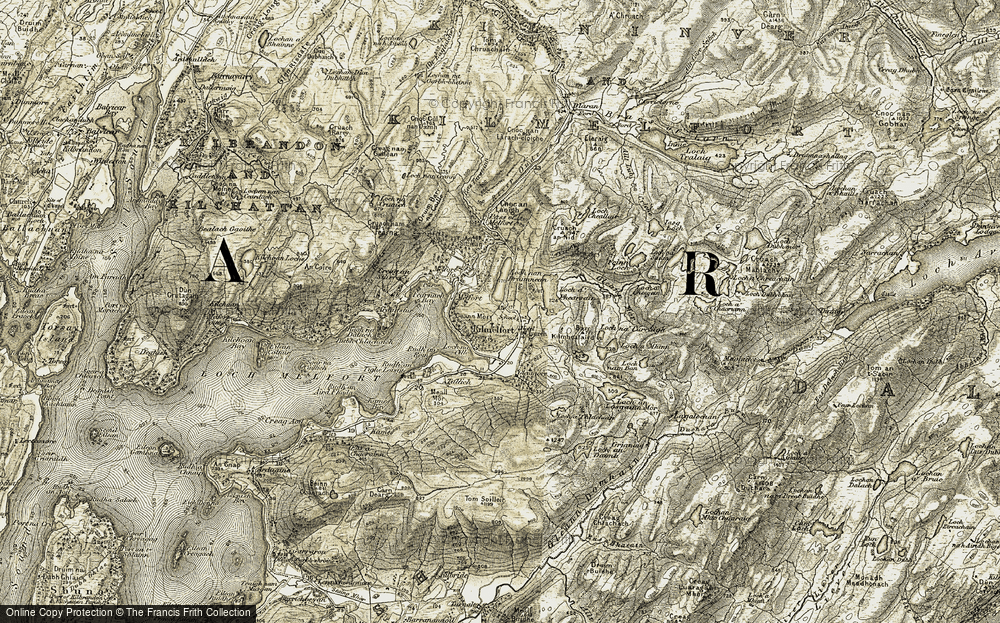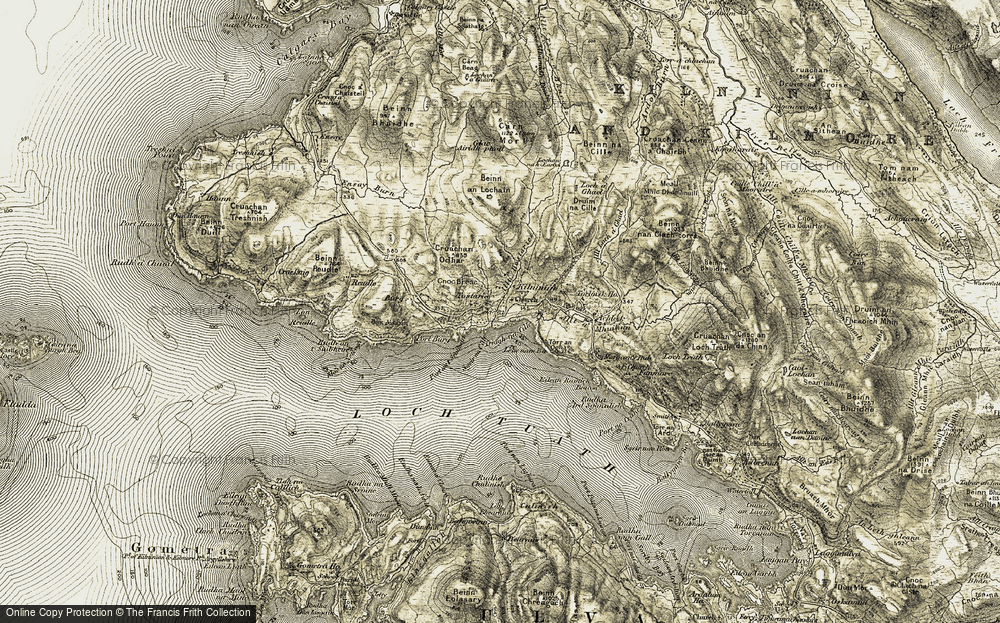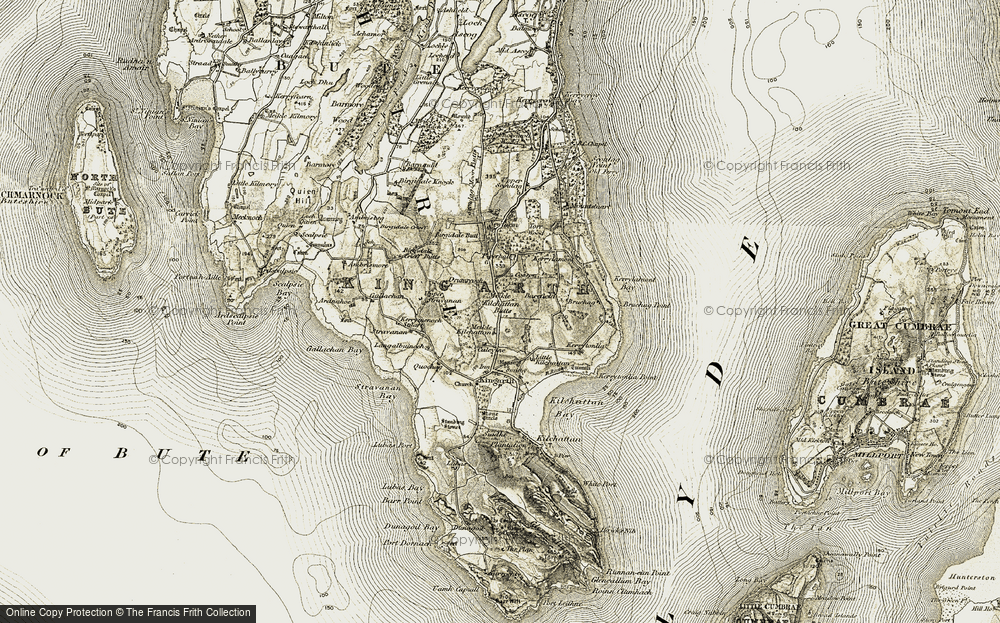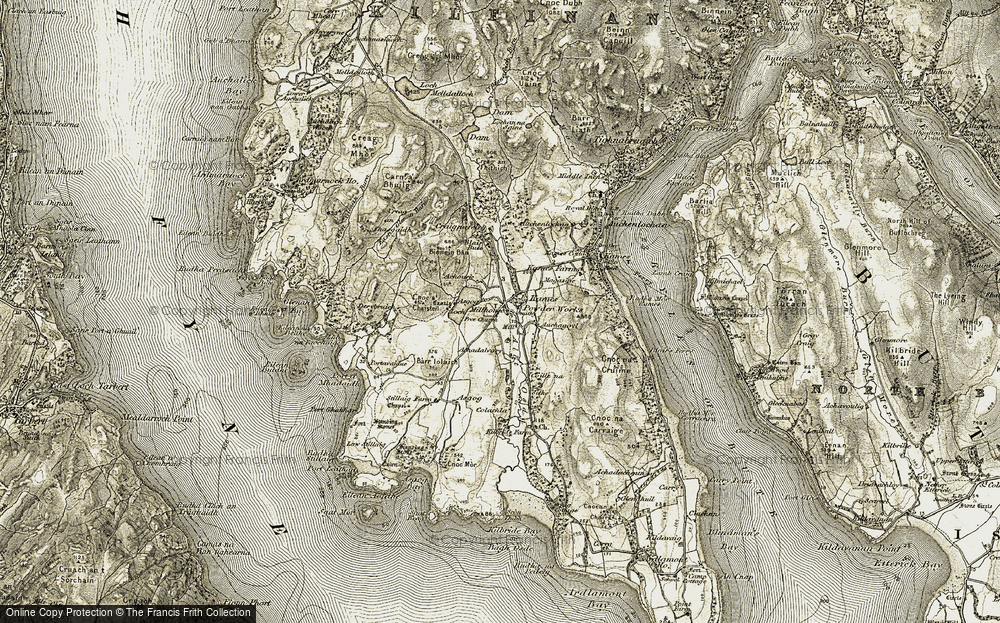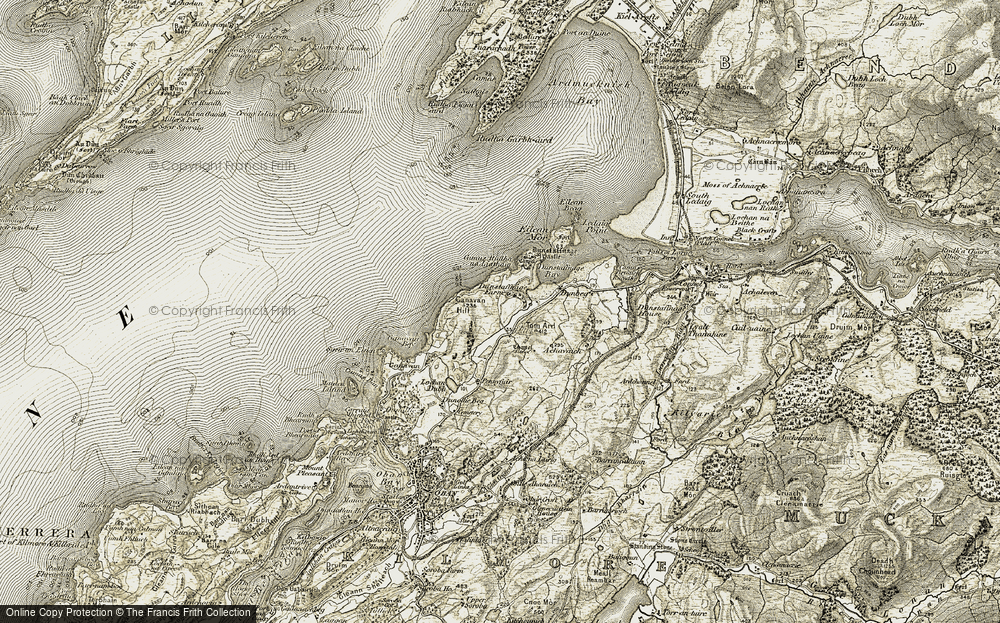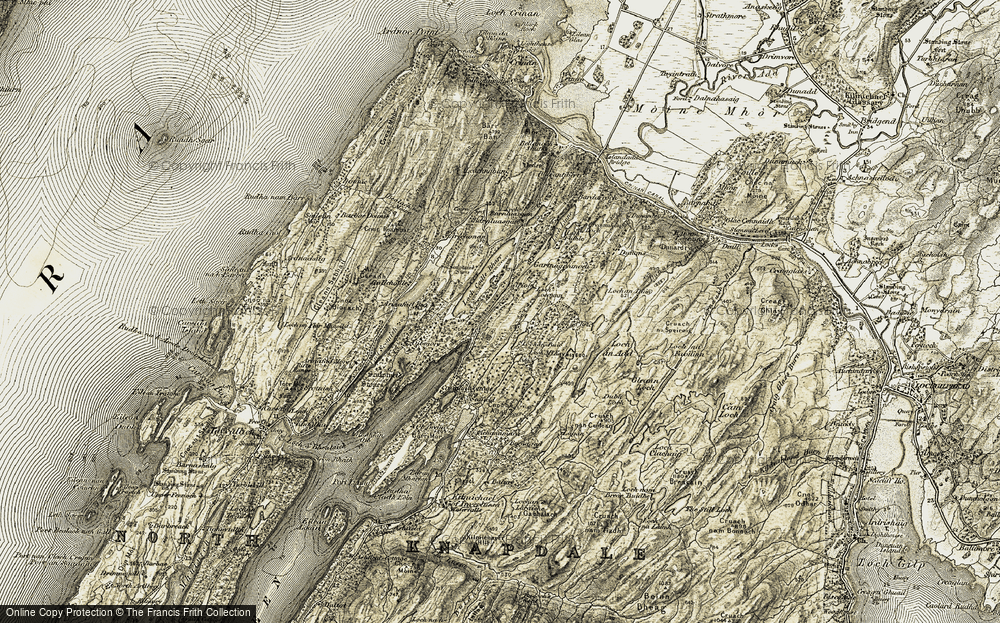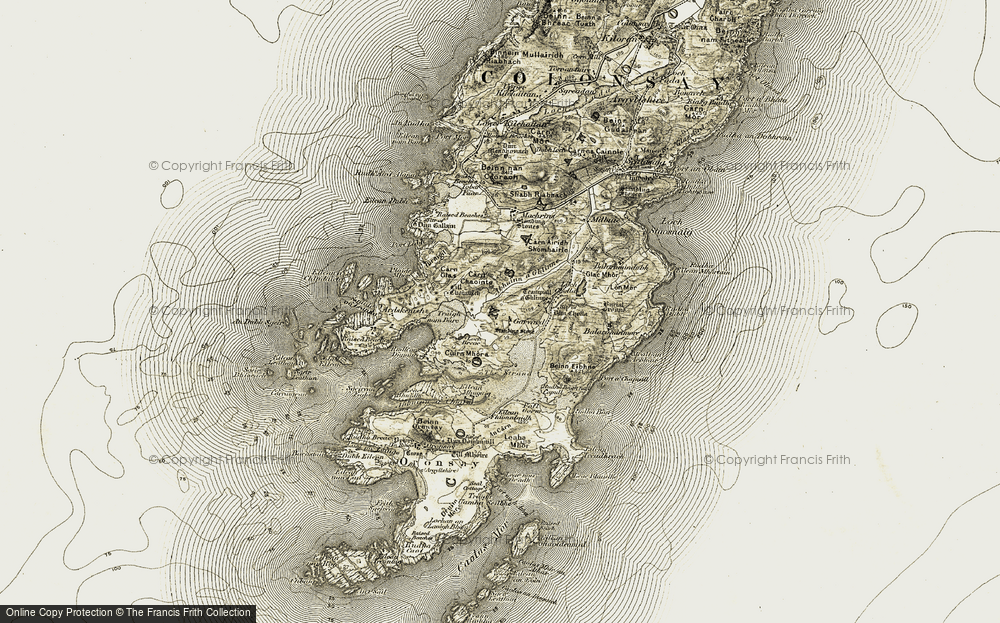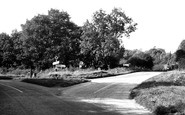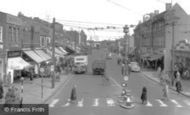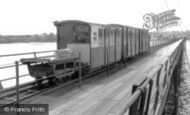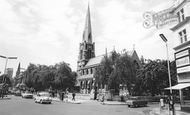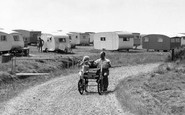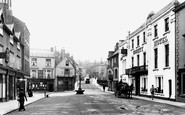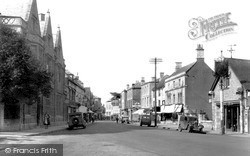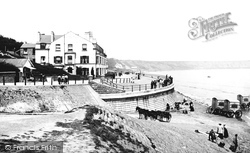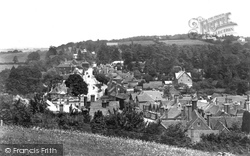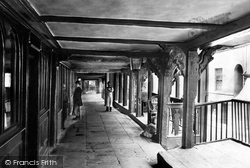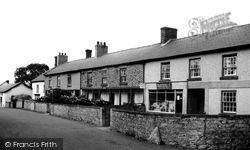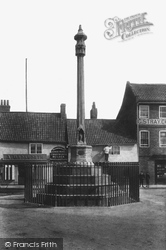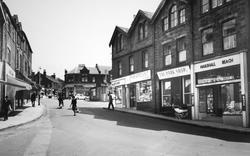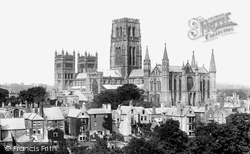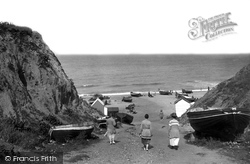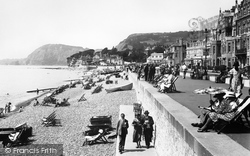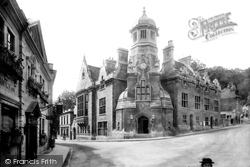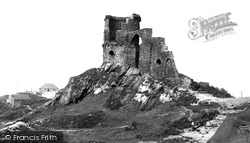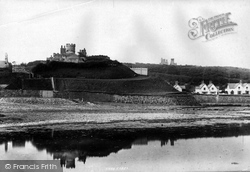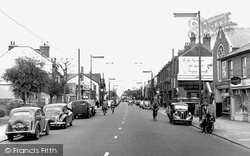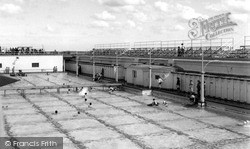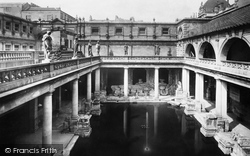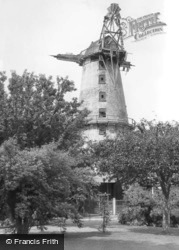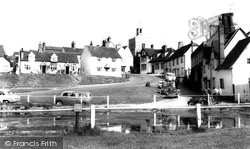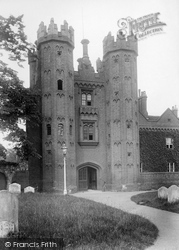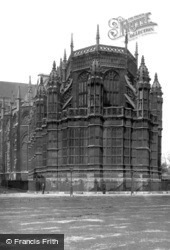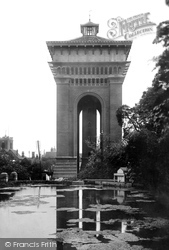Places
Sorry, no places were found that related to your search.
Photos
Sorry, no photos were found that related to your search.
Maps
1,353 maps found.
Books
3 books found. Showing results 433 to 3.
Memories
2,047 memories found. Showing results 181 to 190.
My Birthplace
I was born in Seer Green over 60 years ago. It has,and always will be my first home. I have lived abroad for the past 30 years. I return to S.G. at least once a year to visit my mother and sister and enjoy the nostalgia of walking ...Read more
A memory of Seer Green by
Saturday Mornings.
My cousin and I lived at the top of the Oldpark Road, near Ballysillan, in the mid-1950's and every Saturday morning during our tenth and eleventh years, we would catch the bus into town, walk around the City Hall and down to ...Read more
A memory of Belfast by
60's Clubs,Dance Venues And Coffee Bars In And Around Welling
During the 1960's many venues opened in and around Welling to cater for a growing music and dance culture. Teddy-boys and Rockers had frequented the Embassy Ballroom, but when Mod became ...Read more
A memory of Welling by
Welling 1960's Mod Venues: New Additions
I recently shared memories of the many clubs, bars and dance halls that sprung up in and around Welling during the mid 1960's Mod era. Since then several other venues have come to mind. I remember the Sunday ...Read more
A memory of Welling
Hythe Ferry And The Liners
From 1954-60 I travelled from Blackfield to the Gregg School in Winn Road. It was a 'long and winding' road by bus, so it became an adventure to travel by the Hythe Ferry. A walk or run up the pier, or a fun ride in ...Read more
A memory of Hythe by
Third Issue Of My " Barking Ramblings".
Living in the prefabs in Ilford Lane I could walk into town up Fanshawe Avenue, or go via Tanner Street and then Glenny Road or, and my memory may be playing tricks on me but I think it was Harpur Road and then up ...Read more
A memory of Barking by
School Days
I remember this well, Christchurch, Ealing Broadway. I went here with school - Harvington - which was just off Ealing Common, we walked there down Springbridge Road past the swimming baths. I lived in Ealing from birth in 1939 until I ...Read more
A memory of Ealing by
Chestfield And Swalecliffe. The War Years,
Have many memories, some happy, some sad, culminating in the death of my mother, Ivy Maud Smith on the 16th August 1944 when a V1 destroyed a railway bridge causing the train she was on to crash. Had two ...Read more
A memory of Swalecliffe by
51 Old Elvet
My Grandparents ran a boarding house at 51 Old Elvet opposite the Shire Hall I was born in 1943 my Father actually went to Durham school where he represented the school in Both Football and Rugby I have tremendous memories of Durham City ...Read more
A memory of Durham by
Growing Up In A Community
my parents moved to Sussex Crescent in 1954 with three young children, having been re homed from temporary housing - a prefab. The Northolt estate was a great place with a genuine community spirit, families all rallied ...Read more
A memory of Northolt by
Captions
1,059 captions found. Showing results 433 to 456.
The Kings Arms Hotel (right), built in 1750, was a stop for the changing of horses and the collection of post on the London to Bristol route.
On the right Archibald Ramsden's bathing machines offer discreet changing facilities for those ladies wishing to take an invigorating plunge into the North Sea.
Said to be the highest town in Surrey, Haslemere is 500ft up in the hills close to the borders of both Sussex and Hampshire.
In the late 19th century, the writers of tourist guides such as Baedeckers considered the Rows in Watergate Street to be the poor relations of those in other parts of the city.
This small village, set amongst the Clwyddian Range of hills, once boasted seven pubs; the shop we see here is a grocer and butcher.
Was the East Midland's climate ever that good? Open-air swimming pools are probably the direct descendants of the sea-bathing craze that swept the country during the 19th century.
The hillside town of Yeadon lies to the north of Bradford, and is today perhaps most famous as the site of the Leeds-Bradford Airport.
Dedicated to Our Lord and St Mary the Virgin, Durham is considered to be the finest Romanesque church in Europe.
At East Runton you could walk out along broad stretches of beach and enjoy digging for fossils in the soft cliffs, a pastime made popular by the Victorians.
In the 1930s Sidmouth acquired a reputation as an upmarket holiday resort, not so much for its sea-bathing as for the tranquillity of its setting and the mildness of its climate.
The changing face of the Swan Hotel is displayed in the next sequence of photographs. The Town Hall was designed in 1855 by the Bath architect Thomas Fuller – he later emigrated to Canada.
Mow Cop could be said to be the birthplace of the Primitive Methodist movement, for it was here in 1807 that Hugh Bourne (1772-1852) and William Clowes (1780-1851) held their first meetings.
Situated to the west of Stratton, Bude Castle was built on a promontory by Sir Goldsworthy Gurney in 1850.
In the 1930s Sidmouth acquired a reputation as an upmarket holiday resort, not so much for its sea-bathing as for the tranquillity of its setting and the mildness of its climate.
Beyond Hounslow, the Great West Road divided into the two coaching routes leading to Bath and Exeter.
The Southend Corporation Swimming Bath on Western Esplanade was a popular feature of the town. 300ft x 75ft, it boasted a high diving board, platforms, chutes and springboards.
The Roman town of Aquae Sulis, now Bath, grew up at the point where the Fosse Way crossed the river Avon.
The Southend Corporation Swimming Bath on Western Esplanade was a popular feature of the town. 300ft x 75ft, it boasted a high diving board, platforms, chutes and springboards.
Today the size of this pub (built in 1938) reminds us that by the 20th century Hoylake had become a holiday resort.
This corn windmill is reputed to be the tallest in Norfolk, nine floors high. The boat-shaped cap is characteristic of Norfolk mills.
This must be the best- known view in Essex. Where would manufacturers of calendars be without it?
When the Deanery Tower was built in the latter part of the 15th century by Suffolk's Archdeacon William Pykenham, it was supposed that it would be the gateway to a palace.
The chapel, at the abbey's east end, was completed in 1512 after ten years of building work.
Designed be Borough Surveyor Charles Clegg, the 100ft building was opened amid greate civic pomp in 1882.
Places (0)
Photos (0)
Memories (2047)
Books (3)
Maps (1353)


